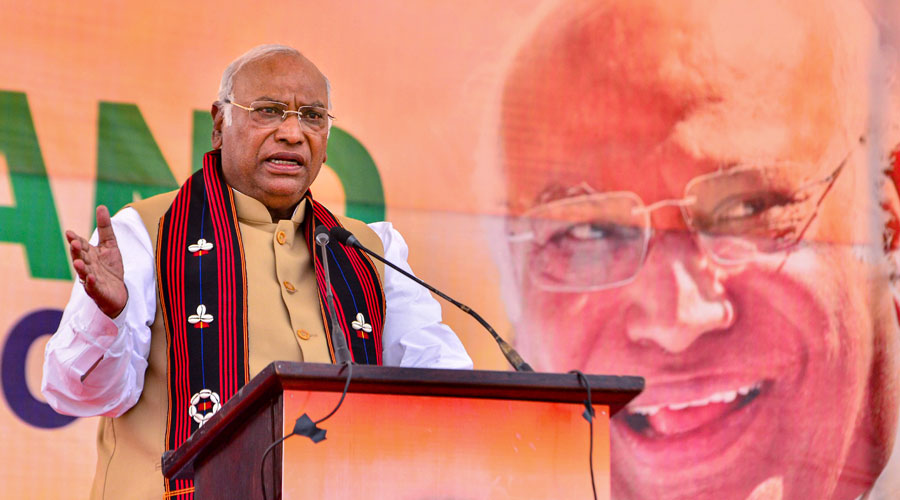From the new financial year, it will not be mandatory for MPs to recommend a fixed percentage of their annual local area development funds for pockets with sizeable Scheduled Caste and Scheduled Tribe populations in their constituencies.
New guidelines for the Member of Parliament Local Area Development Scheme (MPLADS) that come into effect from April 1 state that it “shall be advisable” for MPs to earmark funds for Dalit and tribal areas. The existing guidelines say the MPs “are to recommend” such allocation.
“In order to give due attention to the development of infrastructure in the areas predominantly inhabited by Scheduled Castes and Scheduled Tribes, it shall be advisable for members of Parliament to recommend every year, works costing at least 15 per cent of the total MPLADS entitlement for the year for areas predominantly inhabited by Scheduled Caste population and at least 7.5 per cent of the total MPLADS entitlement for the year for areas predominantly inhabited by Scheduled Tribe population,” the revised MPLADS guidelines for 2023 state.
Since 2005, a year after the Congress-led UPA government took office, the scheme guidelines had said: “The MPs are to recommend every year such works costing at least 15 per cent of MPLADS for areas inhabited by SC population and 7.5 per cent for areas inhabited by ST population.”
It added: “In other words, permissible works costing not less than Rs 30 lakh out of the annual allocation of Rs 2 crore per MP shall be recommended for areas inhabited by SC population and Rs 15 lakh for areas inhabited by ST population.”
The annual allocation has since been increased and now stands at Rs 5 crore. This provision for mandatory MPLADS funds for Dalit and tribal areas survived revisions to the guidelines in 2012, 2014 and 2016, the last of them carried out under the first Narendra Modi government.
CPM parliamentarian John Brittas on Saturday flagged the dilution of the provision under the revised guidelines and sought a reversal of the government decision.
“Obligatory annual allocation of 15% & 7.5% to SC-ST population from MPLADS was an egalitarian & inclusive provision,” he tweeted.
“Unfortunate that this mandatory clause got deleted in new MPLADS guidelines, detrimental to the interests of SC/ST population. Govt should reverse this decision.”
In a related statement, Brittas criticised the modifications made by the Union ministry of statistics and programme implementation to the guidelines as “regressive”.
On Friday, Brittas had written to the minister of state in the Union ministry, Rao Inderjit Singh, protesting the decision to exclude government-aided institutions from the ambit of the MPLADS.
He had said the decision would have far-reaching consequences for sectors like education, citing the example of Kerala where aided institutions are at the forefront of education.
Until the latest revision, MPs were allowed to use their MPLADS funds for the purchase of computers, visual display units, mobile libraries and furniture for aided schools.
Introduced in 1993 by the Narasimha Rao government, the MPLADS helps MPs address the demands for basic facilities in their constituencies.
It allows them to recommend to the local administration the creation of infrastructure in their constituencies, using MPLADS funds.
The funds are released to the district authorities and not to the individual MPs.












